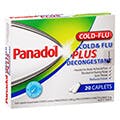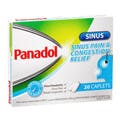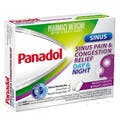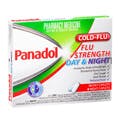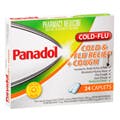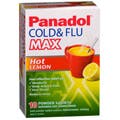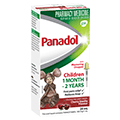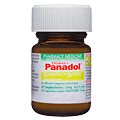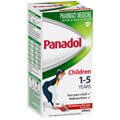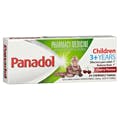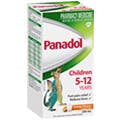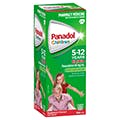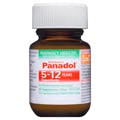
When To See a Doctor For Sinus And Allergy Symptoms
Everyone gets a cold from time to time. More than 200 different viruses can cause a cold, but the rhinovirus is the most common culprit. Its symptoms typically include runny nose and sneezing. It is worth nothing that a cold is not the same as the flu (influenza). Flu symptoms are more severe and can include a fever and shaking chills, aches and pains, lethargy and headaches.
When To See a Sinus And Allergy Doctor
Allergies can cause itchy, watery eyes, runny nose, and sinus pain. They are the body’s reaction to allergens, substances that are harmless to most people, but a problem if you have allergies. Common allergens include pollens, dust mites and mould. At the first contact with these allergens, the body produces antibodies in reaction.

While antibodies are helpful in fighting off sickness-causing germs, they are not so helpful with harmless allergens. When the body encounters an allergen it is sensitive to, it produces a chemical called histamine. It is actually this histamine – not the mould or pollens – that causes allergy symptoms.
Your sinuses, which are air-filled sacs in your skull, are normally germ-free. But if the narrow sinus openings are blocked, as can happen with allergies, bacteria can thrive and multiply. This in turn can lead to sinusitis.
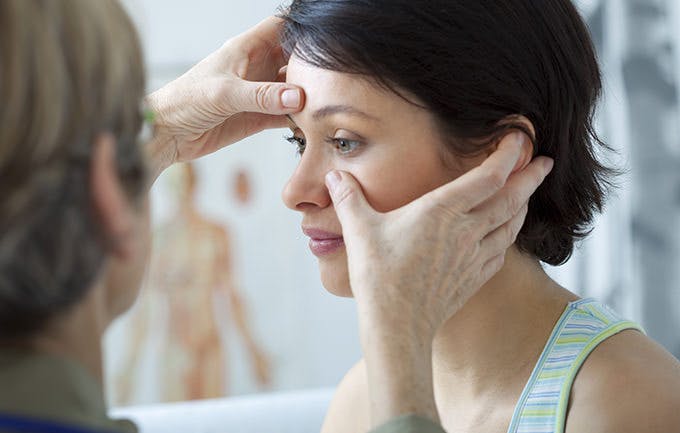
This in turn could lead to sinusitis.
Acute and chronic sinusitis symptoms can include:
- headache
- toothache
- eye pain
- stuffy or runny nose
- sore throat and postnasal drip
- cough
- fever
- tiredness
- bad breath
- reduced sense of smell
Home treatment can be helpful for managing sinus pain. Some tips include:
- applying a warm, moist washcloth to your face and forehead several times a day
- inhaling steam from the shower or a bowl of hot water with a towel over the head
- drinking plenty of liquids and using a saline nasal spray or humidifier if the environment is dry.
Consult your doctor if:
- symptoms last longer than 10-14 days or a cold gets worse after 7 days
- you have a severe sinus headache that is not relieved by over-the-counter pain relief medications
- symptoms remain after you have followed treatment recommended by your doctor
- there are changes in vision during an episode of sinusitis.












